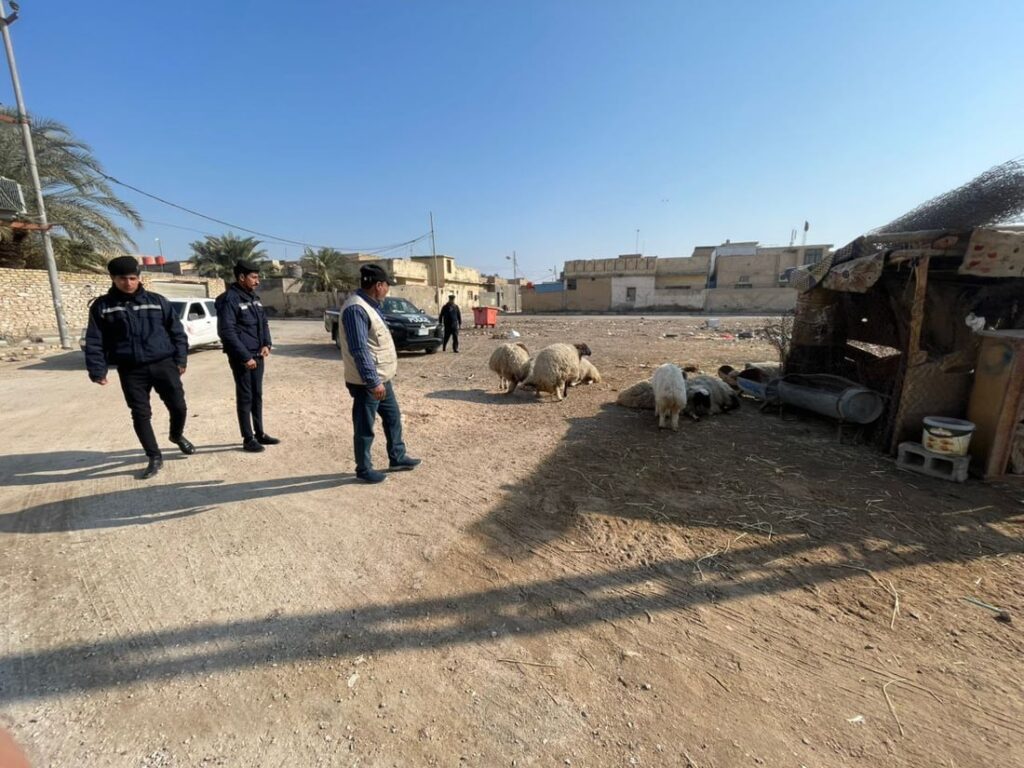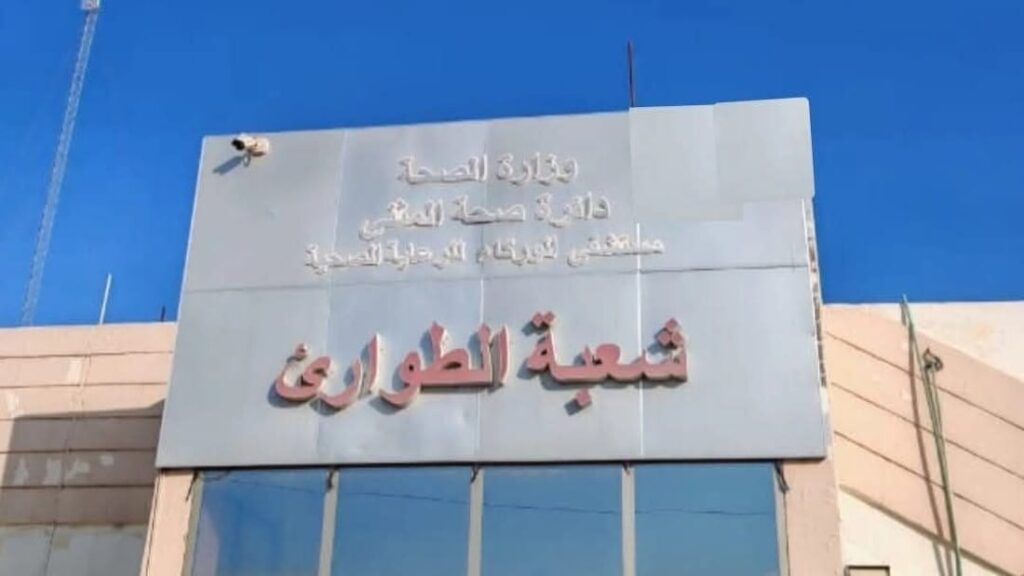Iraq: United Nations extremely concerned about the impact of bureaucratic constraints leading to reduced humanitarian access to 2.4 million Iraqis in need of assistance [EN/AR/KU]
(Baghdad) 16 JANUARY 2020: Marta Ruedas, the Humanitarian Coordinator for the United Nations in Iraq, expressed her strong concern today over the suspension in granting access letters to humanitarian actors carrying out critical missions in support of Iraq’s vulnerable people. Such permissions were previously issued every 30 days by a mandated governmental body. However, since November 2019, aid deliveries throughout Iraq have slowed considerably, due to the discontinuation of previously agreed-upon access authorization procedures, and the absence of viable alternative mechanisms. Unless partners are allowed to immediately resume full, unimpeded movement of their personnel and supplies, humanitarian operations in Iraq may come to a complete halt within a matter of weeks. Hundreds of thousands of people across the most conflict-affected areas face going without food, medicine, and winterization materials during the coldest months of the year.
“Our operations are at risk,” said Ms. Ruedas. “Without predictable, continual access authorization, humanitarian aid is in danger of rotting in warehouses, putting lives in jeopardy and wasting badly-needed donor funds.”
Prior to the current impasse, the humanitarian community in Iraq had long been governed by an agreed-upon access mechanism through which aid organizations were granted monthly letters which allowed them to pass through checkpoints without interference from security actors. Letters were granted after a thorough application and vetting process, which was fully adhered to by the United Nations and NGO partners in Iraq. As of the first week of January 2020, access letters for almost all humanitarian actors had expired, and no new authorizations had been issued.
A survey of NGO partners carried out in January 2020 to ascertain the impact of the administrative impasse indicated that 90 per cent of respondents reported that the lack of national access authorization procedures has directly affected their operations. Respondents also reported that since the beginning of December 2019, more than 2,460 humanitarian missions had been cancelled or prevented from reaching their destinations. It is estimated that approximately 2.4 million people in need have been affected by the restrictions on humanitarian movements.
During 2019, the humanitarian community in Iraq operated under a US$700 million coordinated plan which aimed to assist 1.75 million IDPs, returnees and poor host communities in need. More than 100 partners carried out operations in over 1,300 locations throughout northern and central Iraq and the Kurdistan Region of Iraq. As of 31 December 2019, the plan had attracted 92 per cent of its requested funding, indicating strong donor support and confidence, and had reached more than one million people targeted under the plan. In 2020, the humanitarian community seeks $520 million to continue its vital work.
“We request that the Government of Iraq provide clarity on the procedures for granting access authorizations for humanitarian organizations, and allow us to resume delivering aid effectively and efficiently for the people of Iraq,” said Ms. Ruedas.
For further information, please contact:
Hilary Stauffer, Head of Reporting, Policy and Strategy, OCHA Iraq (Baghdad), +964 782 780 4622 | Email: staufferh@un.org
Yvette Crafti, Humanitarian Affairs Officer, OCHA Iraq (Erbil), +964 781 740 3858 | Email: yvette.crafti@un.org




